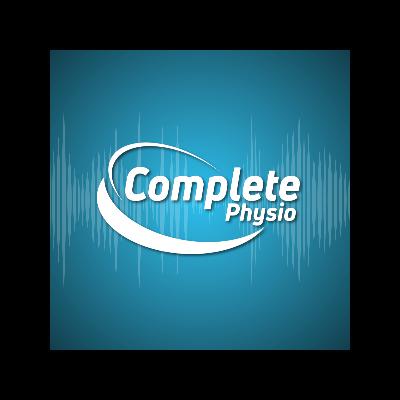
Complete Physio Podcast
Author: Complete Physio
Subscribed: 5Played: 162Description
Welcome to the Complete Health Podcast, your go-to source for expert insights on movement, recovery, and optimising your physical health.
Hosted by the team at Complete Physio in London, we cover a wide range of topics, from practical advice on optimising your running, muscle gain, using crutches or recovering from injuries. We also discuss deeper medical topics such as tendon pain and stress fracture management and how to manage your Achilles rupture.
Whether you’re curious about fitness after 40 or the effectiveness of techniques like blood flow restriction training, we bring you evidence-based discussions and advice you can trust. Perfect for runners, fitness enthusiasts and anyone passionate about staying active and pain-free.
Tune in and take a step towards better health and mobility with the Complete Physio Podcast.






